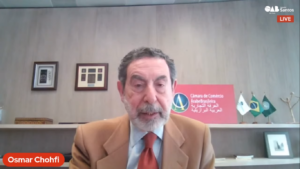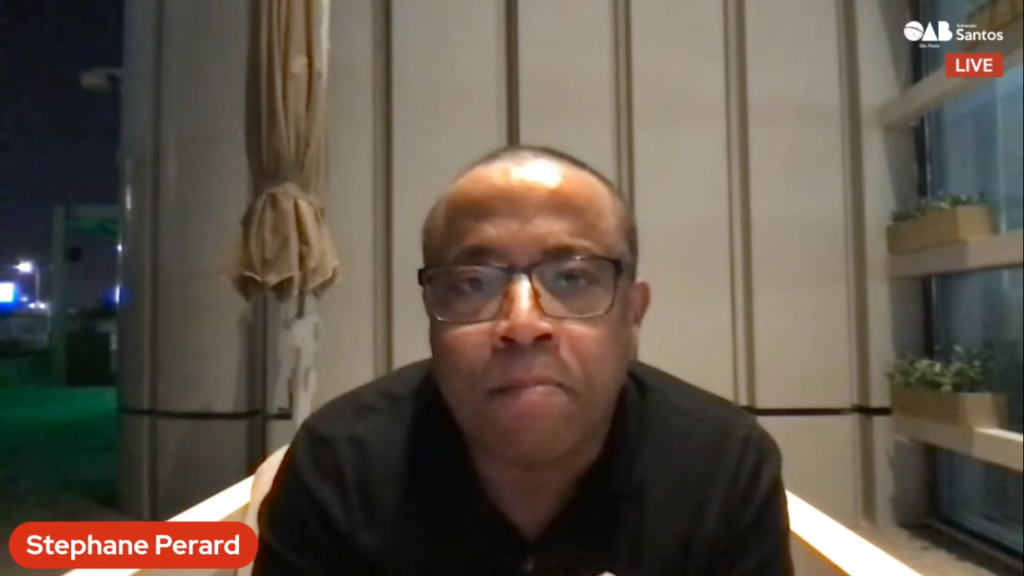São Paulo – Emirates airlines want to fly to new regions of Brazil again soon. So said the managing director of the UAE company in Brazil, Stephane Perard (pictured above). “Right now, we are focusing more on São Paulo, but we will soon focus on other regions again. Brazil is huge, and there are many opportunities,” said the executive on Monday (19), during the Americas, Asia, and Oceania International Conference. The event is supported by the Arab Brazilian Chamber of Commerce (ABCC) and runs till Friday (23).
For Perard, São Paulo and Brazil as a whole are very strategic markets. “Partnerships are one of the essential pillars for the company in Brazil. In 2006 we partnered with Gol,” he illustrated, regarding what could be one of the paths to be followed to move forward in the national market.

The executive highlighted the Brazilian demand for Dubai, in the United Arab Emirates, even during the pandemic. “When the UK started the vaccination campaign, I think it gave everyone an uplift. And we saw the Brazilian market respond quickly, during the holidays at the end of the year,” he detailed about the upturn the company saw taking place at the end of 2020.
The executive stated the company already has a very aggressive plan to strengthen its platform through São Paulo since before the pandemic. The plans were postponed, but the interest of Brazilians for the Middle East and the start of Expo 2020 may give new impetus to the movement.

The president of the ABCC, Osmar Chohfi, also participated in the session and was optimistic about the scenario for the near future. “The progress in vaccination should increase exports from Brazil to the Arabs and from them to Brazil,” he stated on the prospect that the trade balance would benefit from the Arabs’ demand for food and Brazil’s need for fuels such as oil.

To keep this market buoyant, the commercial director at H2R Advanced Research, Alessandra Frisso, highlighted trends in consumption by the Arabs during the conference. For her, the increasing modernization in the bloc should give prominence to women and young adults. “The role of women in Arab communities is powerful, and young people got involved, went beyond borders, and have access to all social media,” she pointed out, noting that the choices of these two groups will be reflected in products with traceability and sustainability.
In the session on culture, Silvia Antibas, cultural director of the ABCC, spoke on the legacy the Arab community produces in Brazil. The director recalled there is Arab participation, even in recognized Brazilian rhythms such as samba. “It is true that [the influence was] through the Malian enslaved Africans, who were Muslims. They were educated, literate, and lived in Bahia. After the Malê revolt, many fled and took refuge in the hills of Rio de Janeiro,” she explained. According to her, it is possible to find elements such as percussion instruments of Arab origin in Rio’s samba.
Translated by Elúsio Brasileiro




